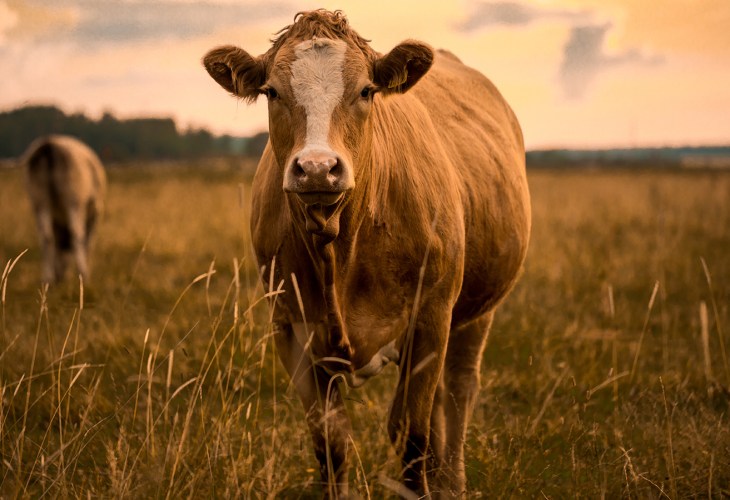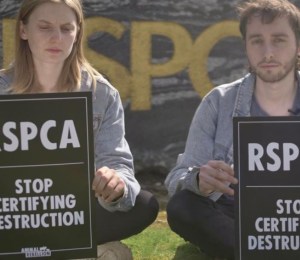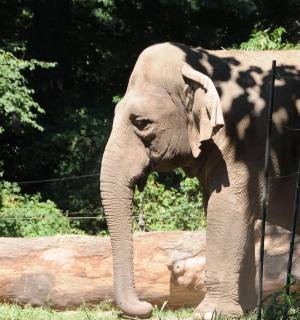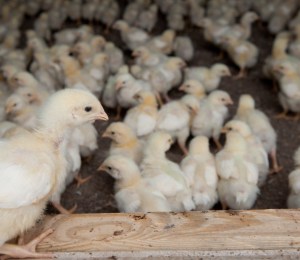Animal agriculture is responsible for at least 87 percent of greenhouse gas emissions, according to a new report.
The Climate Healers position paper, by Dr. Sailesh Rao, has been published by the Journal of Ecological Society.
Greenhouse gas emissions
The report argues that the earlier studies have ‘underestimated’ the environmental impact of livestock farming. Moreover, Climate Healers says prior calculations have ‘failed to include the negative impact of forests lost to animal agriculture’.
Therefore, the new report includes the impact of deforestation on climate change in general and CO2 levels specifically.
‘Rapidly accelerate’ global warming
It also says global warming will ‘rapidly accelerate’ if we focus ‘exclusively on fossil fuels and ignore the threat posed by animal agriculture’.
In a statement sent to PBN, Climate Healers said: “When people think of animal agriculture and climate change, they’ve been encouraged to consider it only from the perspective of the methane produced by the animals themselves.
“This is a significant issue, as animal agriculture accounts for at least 37 percent of methane released annually, according to the FAO itself.
“However, it is only one of the negative impacts of animal agriculture. Animal agriculture is also the leading cause of desertification, habitat destruction, wildlife extinction, and ocean dead zones… All of which degrade the climate.
“This paper affords a crucial wake-up call to governments, non-profits, private industry, and the media. The negative impact of animal agriculture is ignored at our own peril.”
Conflicting views on Animal Agriculture
There are many differing views on the extent to which the meat and dairy industry is driving climate change. The World Watch Magazine claimed in 2009 that animal agriculture is responsible for greenhouse gas emissions of 51 percent. And it maintains that the environmental impact in the supply chain of animals has been ‘vastly underestimated’.
This view, as well as the Climate Healers’ report conflicts with the more widely accepted United Nations’ Food and Agriculture Organizations (FAO), however. The FAO says animal agriculture is only responsible for 14.5 percent of greenhouse gas emissions, in a report published in 2018.
Associate Professor in Human Ecology at Rutgers University, Pamele McElwee, backs this, referencing the 2019 IPCC Climate Change And Land Special Report..
While Dr. Rao claims the opportunity cost for land used for animal agriculture accounts for a large amount of GHGs, McElwee disagrees.
McElwee says: “There is no reason to think that lands currently used for pasture would be automatically rewilded. And, how that would be equivalent to 56 percent of total current GHG emissions appears to be pulled out of a hat. In short, this is wrong and not supported by the greater scientific community working on these issues.”
You can read the full paper here
*Updated September 9, 2021 at 11:49am BST*
This article was updated to include additional information on the conflicting reports surrounding greenhouse gas emissions, and critiques of the report.














Leave a Comment
Plant Based News Comment Policy
In short:- If you act with maturity and consideration for other users, you should have no problems. Please read our Comment policy before commenting.
So go vegan: For the animals THEMSELVES, for your health, and for the Earth.
Great idea!
Bullshit
Totally time to make the shift to Plants! If you need some help, check out the free series of videos with a weekly tip to increase your plant intake, moving away from meat, and therefore Animal Ag! plantyourlife.fun
Not very @Credi_bull without a citation. That is sad, as I am a regular reader.
While I am sure there are useful findings in this study, please don’t treat this as peer–reviewed science.
The “Journal of Ecological Society” is not a real journal. It is not in the Master Journal List. It has no impact factor. It is just the publication of a group called “Ecological Society”.
If you try to cite this study when talking to anyone who knows the first thing about the peer-reviewed journal system, you will get laughed at and your arguments will be ignored. As I say, I am sure it has useful ideas in it, but until it makes into a real journal, it is NOT peer-reviewed science.
A much better paper to read and cite on food system emissions is this one from Science which shows that dramatically reducing animal ag is required to avoid catastrophic climate change.
https://sci-hub.do/downloads/2020-11-05/54/[email protected]
The framing is very simple. Food system emissions will cause catastrophic climate change in a few decades even if we reduced all other emissions to zero tomorrow. But if we cut out most animal ag and make some other improvements, we can have a slightly carbon negative food system.
The publication says (page 2): “All other contributions have also undergone peer review
from experienced reviewers.” So this is peer-reviewed, just not double-blind.